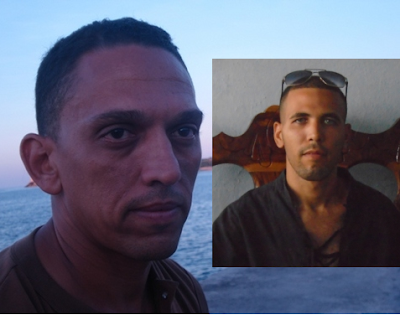Bringing Freedom, Democracy and Prosperity back to Venezuela
Joint Statement of the International Democrat Union (IDU) and the Centrist Democrat International (CDI) by the Rt Honorable John KEY (IDU Chairman) and the Honorable Andrés PASTRANA (CDI President)
Venezuela is facing its worst political, social and economic crisis, with corruption, nepotism and the mismanagement of the Maduro regime at the heart of the failure. Despite its large oil and natural reserves the people of Venezuela are suffering terribly.
In the December 2015 elections the United Opposition of Venezuela (Mesa de la Unidad Democrática MUD) won a 2/3 majority in the National Assembly. This was a clear signal to the Venezuelan government to change their politics and take care of the basic needs of the people. But instead the crisis has worsened due to the authoritarian behaviour of the Maduro regime. Governmental institutions are constantly blocking, bypassing or ignoring legislation that would bring back freedom and democracy to Venezuela.
The ongoing dictatorial actions of the Maduro regime against the people of Venezuela will likely lead to a complete state failure. Moreover, the recent decision of the Electoral Supreme Court to unconstitutionally postpone the presidential impeachment process has seriously jeopardized the peace and stability of the nation.
IDU and CDI therefore call upon the Venezuelan government:
- to guarantee the people of Venezuela the freedom of expression, freedom of assembly and freedom from oppression.
- to respect the independence and immunity of the members of the National Assembly.
- to respect the rule of law and the constitution, including the procedures that may lead to the impeachment of the country´s President.
- to free all political prisoners in Venezuela, including Antonio Ledezma, Daniel Ceballos and Leopoldo López.
- to ensure that police and military remain peaceful and nonviolent towards the people of Venezuela.
- to grant access of international humanitarian aid to end life- threatening shortages of food and medicine.
IDU and CDI represent more than 150 political christian-democrat, center-right and conservative parties from all over the world. IDU Deputy Chairman The Honorable Tony Clement, MP led a delegation to Venezuela on 25-27 April 2016 in order to meet with National Assembly and civic society leaders. It was clear even then that President Maduro had no intention of respecting basic human rights and the rule of law.
The IDU and CDI both believe that a solution to this crisis can be found through dialogue from all relevant parties. As a precondition the dialog must comply with the constitutional order of Venezuela and the Government has to guarantee the sovereign right of the Venezuelan people to vote in free, transparent and fair elections. This dialogue will lead to a nonviolent transition in the political responsibility.
It will bring back Freedom, Democracy and Prosperity to Venezuela peacefully.
Issued on 28th October 2016


























